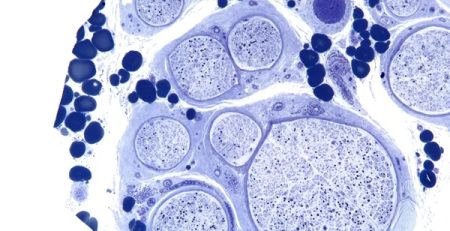Menthol influences the addictive potential of tobacco products
Wickham RJ. The Biological Impact of Menthol on Tobacco Dependence. Nicotine & Tobacco Research, ntz239, https://doi.org/10.1093/ntr/ntz239
https://academic.oup.com/ntr/advance-article/doi/10.1093/ntr/ntz239/5684935
“There is now considerable evidence, especially in the last 5 years, that suggests menthol might influence the addictive potential of nicotine-containing tobacco products via biological mechanisms. First, menthol alters the expression, stoichiometry, and function of nicotinic receptors. Second, menthol’s chemosensory properties operate to mask aversive properties of using tobacco products. Third, menthol’s chemosensory properties aid in serving as a conditioned cue that can both enhance nicotine intake and drive relapse. Fourth, menthol alters nicotine metabolism, increasing its bioavailability. This review discusses emerging evidence for these mechanisms, with an emphasis on preclinical findings that may shed light on why menthol smokers exhibit greater dependence.”
by Dr.Stephen Hamann












